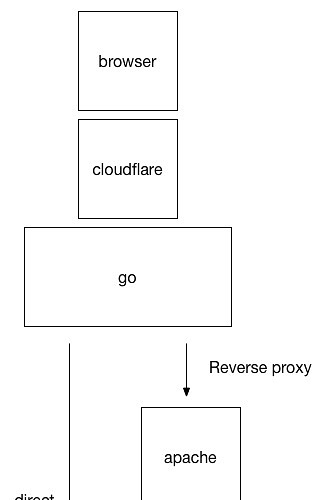I’ve been looking for a language that can write persisting processes in the background on servers doing tasks like computing, scraping, etc… My web tech ‘scope’ I guess right now is a LAMP application developer, I’m behind in tech but I’ve built some processes with PHP/HTMLSimpleDom and aside from using things like CRON/nohup/other methods for persistence, these things may not continue running when you exit. Also I’ve only successfully had CRON run on a Raspberry Pi not the VPS’s I use or my local environment. I’ll have to figure it out for Lets Encrypt.
I’ve been listening to podcasts about Go and I keep hearing things like how it can replace servers and do many “concurrent” things. I’ve only so far as gone to do the basic “hello world” but I’m wondering if I’m looking at the wrong language.
I’ve also heard of CGI background processes possibly written in C++? I’m not sure.
I guess I’m looking for thoughts from people who have experience doing this stuff with the application I have in mind.
In the future too I’d like to do mass processing of data like ML but I don’t know if Go is wrong for that ie Python. Definitely beyond my capabilities I realize as a procedural coder. I don’t mean this as object-oriented as the definition says, I mean thinking sequential processing/flow this happens, then that.
 If you want to know more, tell me.
If you want to know more, tell me.
